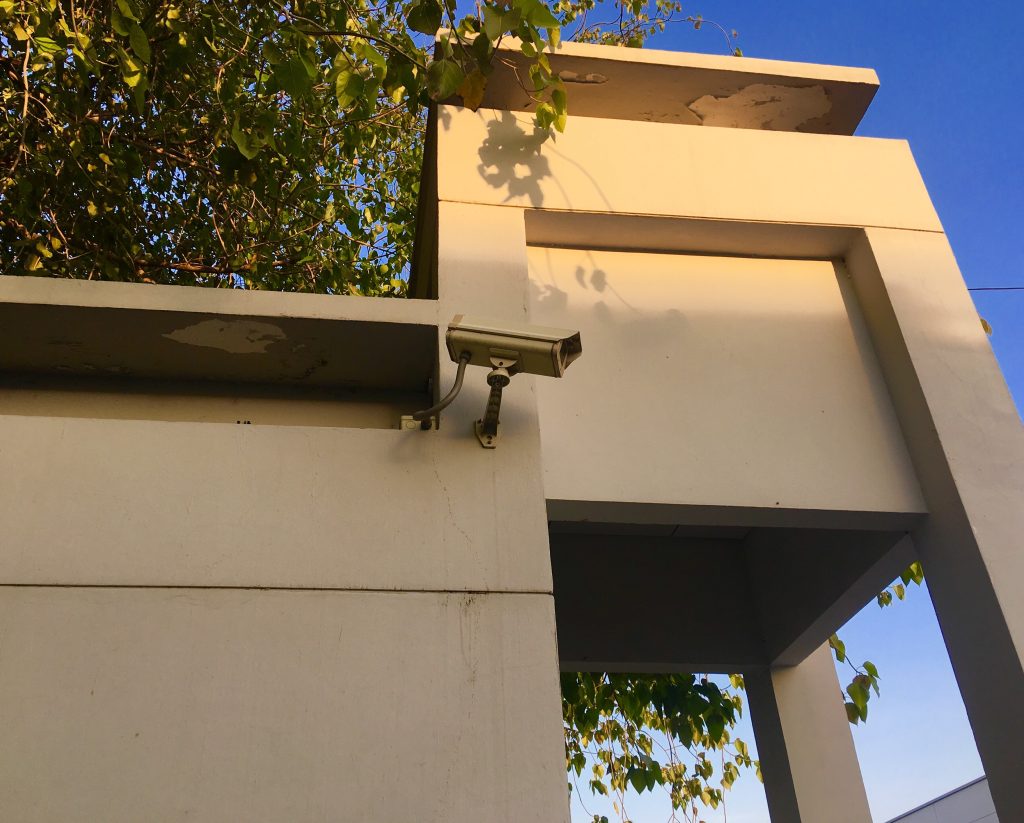
Privacy is not a mere luxury; it’s a fundamental right. Whether it’s your home or your online presence, safeguarding your private sanctuary necessitates vigilant and meticulous planning. To fortify your personal life from prying eyes, there are several measures you can take. By being proactive, you ensure that you maintain a zone of privacy around you and your assets.
Digital Hygiene: Your First Line of Defence
Your online activities can be a gateway for intruders to access your personal information. Cyber hygiene isn’t merely about having strong passwords, it’s about a comprehensive approach to digital security. Update your software regularly to ensure you are shielded against the latest security threats. Enable two-factor authentication (2FA) wherever possible to add an extra layer of protection.
Apart from securing your devices, be cautious about the information you share online. Limit your digital footprint by being mindful of what you post on social media. Scrutinise the permissions you give to third-party apps and ensure you’re not inadvertently leaking sensitive information.
Secure Your Postal Mail
It’s easy to overlook traditional mail when we’re engrossed in digitisation, yet it remains a vulnerable target for those seeking to invade your privacy. Thieves can pilfer through your postbox and acquire crucial information like your bank details, identification documents, or even personal letters.
The ideal measure is to install a locked mailbox that only you and authorised individuals can access. If you frequently receive packages, consider using a postal locker or arrange for secure delivery options that require a signature upon receipt.
Home Surveillance: The Visual Barrier
Physical surveillance serves as both a deterrent and a means of evidence collection in case of a breach. CCTV cameras strategically placed around your property will discourage intruders. Additionally, modern surveillance systems offer remote access via smartphones, enabling real-time monitoring.
While choosing a surveillance system, pay attention to features like motion detection, night vision, and storage capabilities. Opt for high-definition cameras that offer clear imagery. Consult with security experts to ensure optimum placement for maximum coverage.
Specialised Services: When to Go the Extra Mile
When you need to go beyond conventional means, specialised services offer extensive security measures. If you’re serious about maintaining a bulletproof private space, consider hiring a reputable PI to do a bug sweep if you’re concerned about things like listening devices. Companies like Sentry Private Investigators provide such specialised services to guarantee your privacy.
Such services are invaluable when you’re dealing with heightened risks, such as corporate espionage or stalkers. Security consultants can perform thorough audits of your property, identifying weak points that might have been overlooked.
Physical Barriers: More Than Just a Fence
The presence of physical barriers can effectively dissuade potential intruders. Fences serve the dual purpose of marking your property boundary and making unauthorized entry challenging. Reinforced gates add another layer of security and are particularly effective when integrated with an intercom system.
Don’t underestimate the impact of natural barriers like bushes or thorny plants; they provide an additional psychological deterrent. Ensure you regularly maintain these barriers for their continued efficacy. Broken gates or overgrown plants can indicate neglect, inadvertently inviting unwanted attention.
Use Smart Technology Wisely
Smart home technology brings convenience but also introduces new vulnerabilities. When used wisely, smart technology can significantly fortify your home’s security. For example, smart locks can be controlled remotely and notify you in case of unauthorised access attempts.
However, the key is to ensure that these devices themselves are secure. Change default passwords, update firmware, and utilise network security protocols like WPA3. Failing to do so makes it easier for hackers to compromise these devices and, by extension, your home security.
Be Cautious with Personal Relationships
The people around you can often be the most significant factor when it comes to breaches in privacy. Sharing too much information with acquaintances or even friends can sometimes backfire. Exercise discretion when discussing sensitive matters, such as your financial status or security measures in place at home.
When dealing with domestic staff or contractors, carry out due diligence. Background checks are a valuable tool in understanding whom you’re letting into your personal space. Confidentiality agreements, though they may seem excessive, can provide an added layer of legal protection.
Prepare for the Worst: Contingency Plans
Even the most foolproof security measures may have weak points. For this reason, having a contingency plan is essential. In the event of a breach, whether digital or physical, know the steps to mitigate damage. This could range from having emergency contacts to data backups stored in secure locations.
Being prepared helps you act swiftly in challenging situations. Maintain an up-to-date list of essential contacts, from local authorities to cybersecurity experts, to consult in times of need. This way, you are not only preventing a breach but also arming yourself to deal with one should it occur.
Final Thoughts
Achieving a high level of privacy involves a multi-faceted approach encompassing digital practices, physical barriers, and even the relationships you maintain. Your sanctuary remains private only when you adopt a proactive stance, backed by a blend of traditional and cutting-edge security measures. By considering each aspect meticulously, you not only protect yourself but also preserve the essence of what makes your space truly yours.










